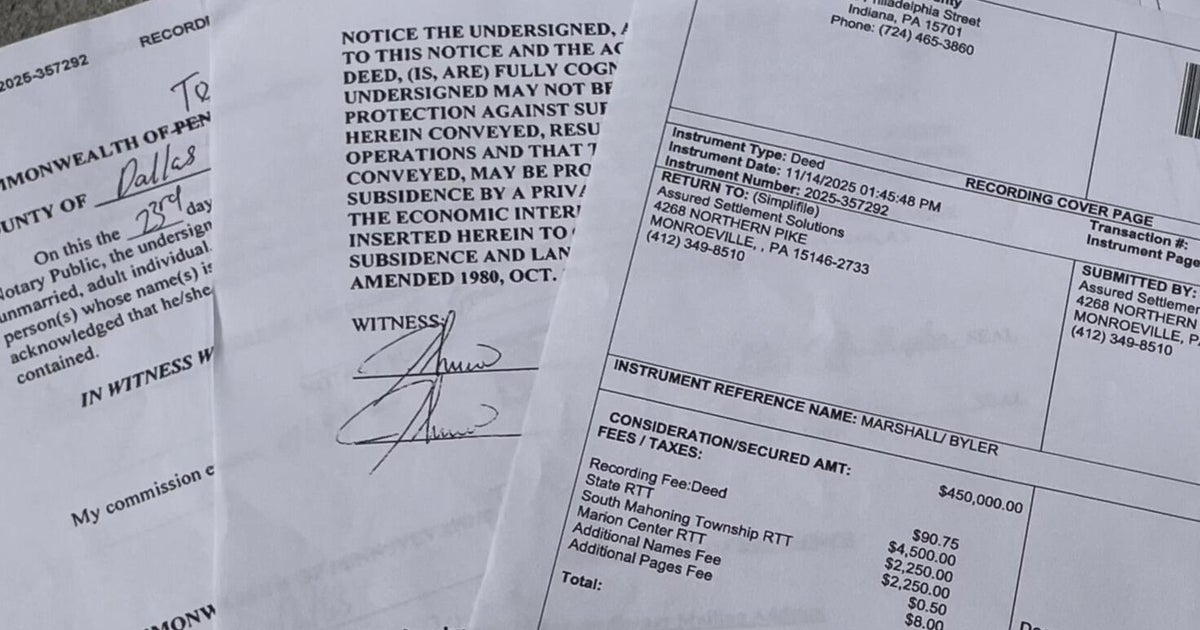Indiana Passes Right-to-Work ... Is Michigan Next?
LANSING (WWJ) - Indiana has become the first state in 10 years to become a "right-to-work" state. Governor Mitch Daniels signed the bill on Wednesday.
Is Michigan next?
WWJ Lansing Bureau Chief Tim Skubick said the move in Indiana could mean something.
"Indiana, just south of our border, I think does have an impact on the debate here," said Skubick. "So far no legislation has been introduced. But I talked to some business sources who had said, 'You know what? If Indiana goes there Michigan is going to have to take a more serious look at this."
Karla Swift, President of the Michigan AFLCIO, WWJ she believes right-to-work will hit a roadblock in our state -- at least for the time being.
"Governor (Rick) Snyder has said that he doesn't wanna see a bill on his desk," said Swift. "And Doug Rothwell of Business Leaders for Michigan has said a protracted battle over right-to-work would be unwise."
However, Gov. Snyder has not said he would veto such a bill if it reaches his desk.
Swift said the term "right-to-work" itself is a misnomer.
"It is not about rights and it's not about work, and it certainly isn't about job creation," said Swift. "In fact, 6 of the 10 states with the highest unemployment in the country today are right-to-work states."
Teamsters International President James Hoffa is among those Gov. Daniels' signing the legislation, calling it "an attack on millions of working men and women in Indiana." Said Hoffa in a statement, "Catering to your corporate benefactors rather than representing your constituents is not the best course of action if you want to keep your job."
Hoffa is predicting Indianans will mobilize to beat back the law, noting that the state passed right-to-work legislation in 1957, only to repeal it eight years later.
Meantime, Snyder is questioning the approach of his fellow Republican governors in the upper Midwest, saying that their efforts to push through divisive legislation may make governing more difficult in the long run.
Under right-to-work laws, workers covered by union contracts aren't required to join unions or pay dues.







